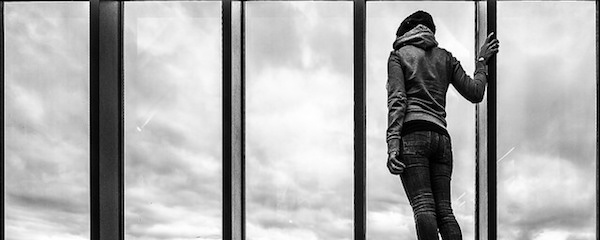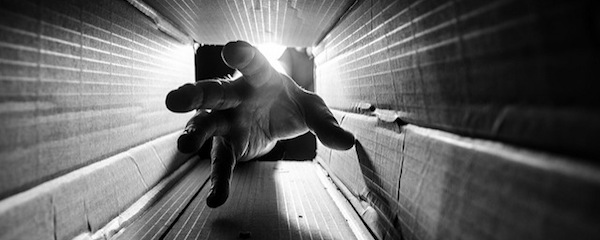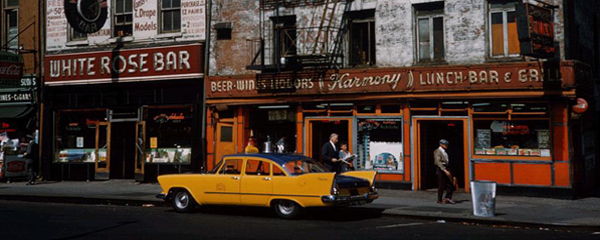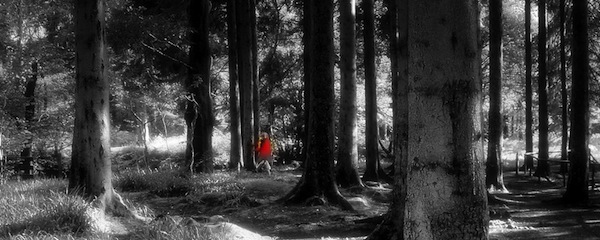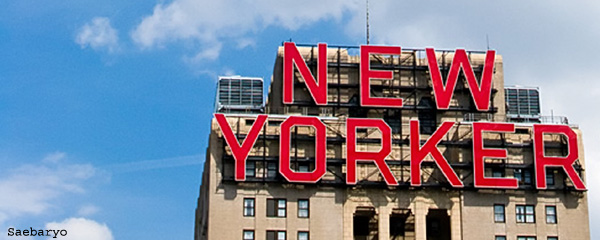The Cold Eye of Mary Mccarthy
Shortlisted in the 2018 Feature Writing Competition SAM REESE looks at the short fiction of Mary McCarthy: ‘Well aware of the relationship between narrative and identity, McCarthy uses the vital compression of the short story form as a way to offer an alternative view of the roles available to contemporary women…’
